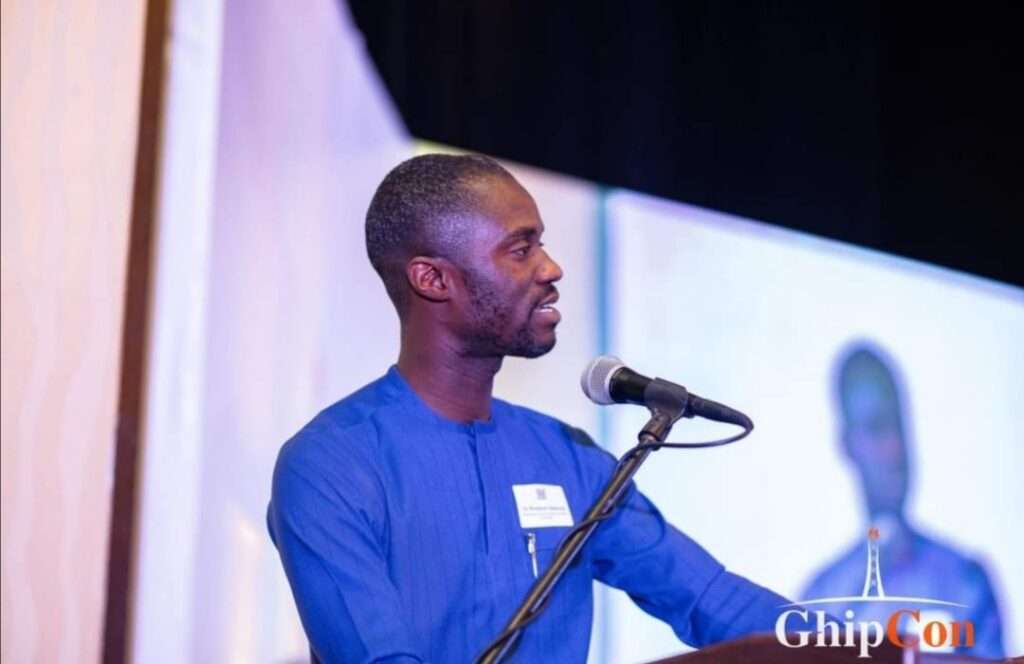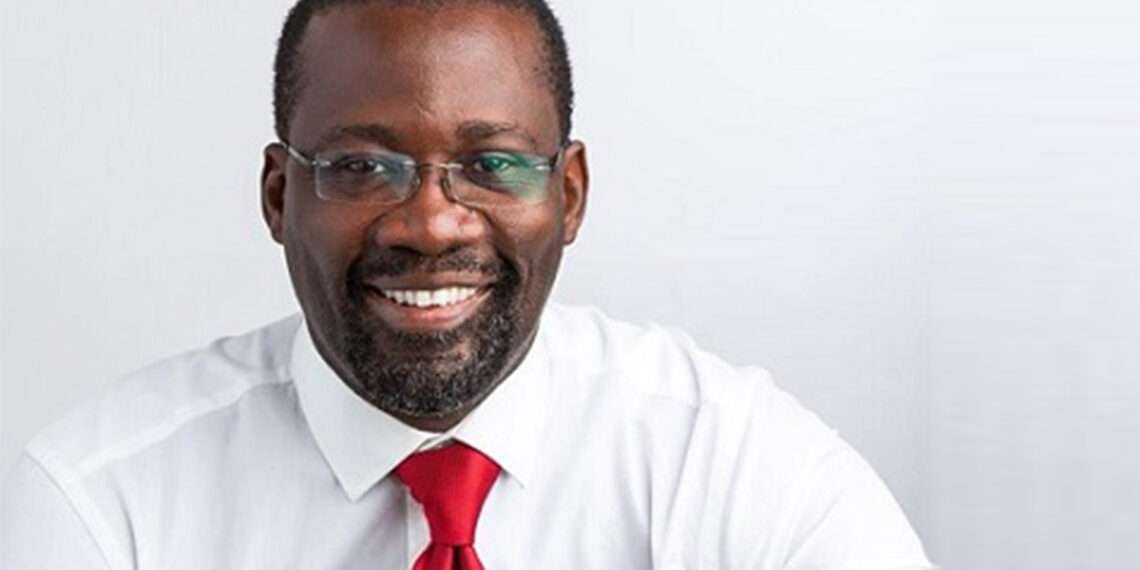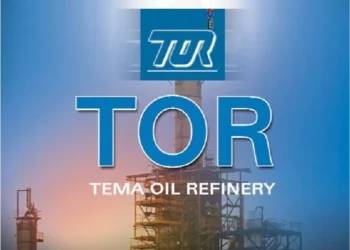Dr. Edwin Alfred Nii Obodai Provencal, former Managing Director of the Bulk Oil Storage and Transportation Company Limited (BOST), has issued a strong defense of Ghana’s controversial ‘Gold for Oil’ (G4O) initiative.
His remarks come in response to recent criticisms from Dr. Riverson Oppong, CEO of the Association of Oil Marketing Companies (AOMC), who questioned the programme’s efficacy and transparency.
Dr. Provencal emphasized the programme’s success in stabilizing fuel prices and reducing foreign exchange pressures, citing concrete data to support his claims.
“Premiums on petroleum products dropped from $135 per metric tonne to $65 currently, and diesel prices have fallen from GHS23 per litre in November 2022 to the current price of GHS15.45.”
Dr. Edwin Alfred Nii Obodai Provencal, former Managing Director of BOST
According to Dr. Provencal, these achievements are directly attributable to the G4O programme’s role in anchoring and stabilizing the foreign exchange rate over a prolonged period.
The G4O initiative, introduced in 2022, was designed to leverage Ghana’s gold reserves to purchase oil, thereby reducing the demand for foreign currency and stabilizing the cedi.
This mechanism was expected to cushion the economy against global oil price volatility and reduce the pressure on Ghana’s foreign exchange reserves.
Responding to allegations of fuel shortages towards the end of 2024, Dr. Provencal was unequivocal in his denial.
“There was no shortage of fuel in the country at any time; this was verified and confirmed by the National Petroleum Authority (NPA).”
Dr. Edwin Alfred Nii Obodai Provencal, former Managing Director of BOST
While acknowledging distribution challenges in certain regions, he attributed these issues to external factors rather than the G4O programme.
“Most international oil suppliers adopted a wait-and-see attitude during the election period and thereafter, so they diverted supplies away from Ghana, but that did not cause a shortage even though stocks reduced.”
Dr. Edwin Alfred Nii Obodai Provencal, former Managing Director of BOST
Dr. Provencal’s remarks were intended to counter claims made by Dr. Oppong, who had earlier suggested that the G4O programme contributed to fuel shortages and failed to stabilize energy prices effectively.
On the issue of transparency, Dr. Provencal strongly refuted claims that the programme was opaque. He highlighted the involvement of multiple stakeholders, including the Ministry of Finance, Ministry of Energy, Bank of Ghana, and the NPA, in the implementation and oversight of the G4O programme.
“It is totally untrue that the programme was opaque because any stakeholder that needed information then and now can source it from any of these institutions.”
Dr. Edwin Alfred Nii Obodai Provencal, former Managing Director of BOST
He also pointed to public endorsements from former critics as evidence of the programme’s positive impact.
“Recently, Joe Jackson, a former fierce critic of G4O, stated that ‘the cedi depreciation would have been worse if not for the ‘Gold for Oil’ policy.”
Dr. Edwin Alfred Nii Obodai Provencal, former Managing Director of BOST
Contrasting Views of G4O Programme

In contrast, Dr. Riverson Oppong of the AOMC has maintained a critical stance towards the G4O programme. He previously argued,
“The Gold-for-Oil programme failed to stabilize energy prices and even contributed to fuel shortages towards the end of 2024.”
Dr. Riverson Oppong of the AOMC
Dr. Oppong’s concerns center on the programme’s implementation strategy, lack of transparency, and its long-term sustainability.
He contended that while the initiative may have provided temporary relief, it failed to address structural issues within Ghana’s energy sector.
Amidst the ongoing debate, Energy Minister John Jinapor has signaled the government’s intention to review and potentially discontinue the G4O programme.
This announcement suggests that the government is considering alternative strategies to manage Ghana’s energy needs and foreign exchange challenges.
The decision to reassess the G4O initiative may be influenced by concerns over its long-term effectiveness, financial implications, and the need for greater transparency in managing public resources.
The G4O programme has far-reaching implications for Ghana’s economy, particularly in the areas of energy security, foreign exchange stability, and fiscal management.
While proponents argue that the initiative has helped stabilize fuel prices and mitigate forex pressures, critics question its sustainability and governance structure.
Economic analysts suggest that any changes to the G4O programme could impact fuel pricing dynamics, foreign exchange reserves, and investor confidence.
The government’s ability to manage these potential risks will be crucial in maintaining macroeconomic stability.
The debate over Ghana’s Gold-for-Oil programme reflects broader concerns about energy policy, economic management, and governance. Dr. Provencal’s defense of the initiative highlights its achievements in stabilizing fuel prices and supporting the cedi.
However, criticisms from industry leaders like Dr. Oppong underscore the need for greater transparency, efficiency, and long-term planning.
As the government moves to review the G4O programme, stakeholders will be watching closely to see how new policies address the challenges of energy security, economic resilience, and public accountability. The outcome of these discussions will likely shape the future of Ghana’s energy sector and its broader economic trajectory.
READ ALSO: Heated Debate Erupts Over Teacher Trainee Allowance





















